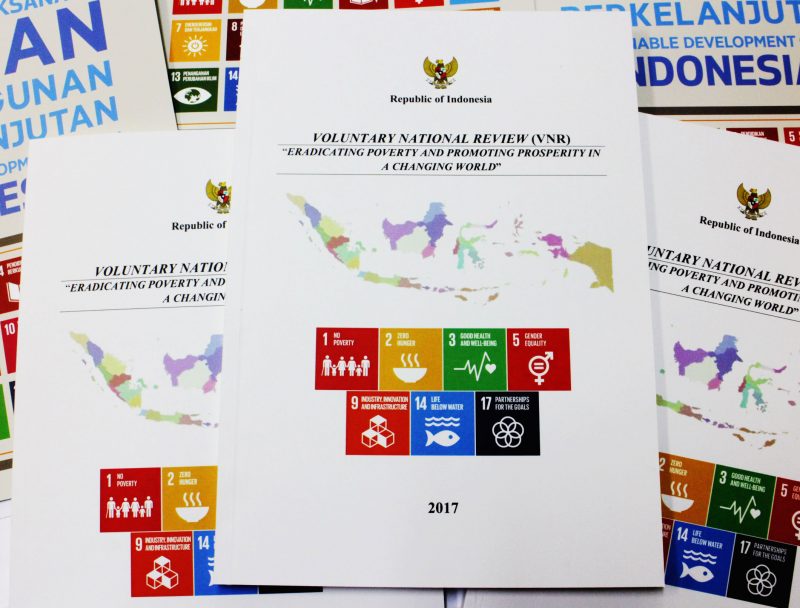 Heads of State and representatives of 193 countries have agreed upon the 2030 Agenda for Sustainable Development at United Nations General Assembly in New York, September 2015. This Agenda is a plan of action for people, planet and prosperity and to strengthen universal peace. The Agenda is known as the Sustainable Development Goals (SDGs) consisting of 17 goals and 169 measurable targets.
Heads of State and representatives of 193 countries have agreed upon the 2030 Agenda for Sustainable Development at United Nations General Assembly in New York, September 2015. This Agenda is a plan of action for people, planet and prosperity and to strengthen universal peace. The Agenda is known as the Sustainable Development Goals (SDGs) consisting of 17 goals and 169 measurable targets.
SDGs has been aligned with “Nawacita” as Indonesia’s national development vision, which is integrated in development policies, strategies and programs of National Medium-Term Development Plan (RPJMN) 2015-2019, and translated into Government Work Plan (RKP) with its associated budget. The integration of SDGs into development plan is also implemented in subnational level through preparation of Medium-Term Regional Development Plan (RPJMD) and Regional Work Plan (RKPD). The SDGs implementation is conducted by involving all stakeholders: government and parliament, philanthropy and business society, civil society organizations and media, as well as academics and experts to ensure achieving SDGs in line with the principles of inclusiveness and no one left behind. There are some documents prepared for SDGs implementation, among others: Presidential Decree as a legal basis, technical guidelines to develop action plan, metadata of SDGs’ indicators, communication strategy, and SDGs dissemination to all stakeholders, both at national and sub-national levels.
This 2017 Voluntary National Review report has followed technical guidelines provided in the United Nations Secretary-General’s report. The process to produce the report has applied inclusive, participatory and transparency principles by involving all stakeholders coordinated by Ministry of National Development Planning/National Development Planning Agency (Bappenas) and supported by the Ministry of Foreign Affairs.
Highest appreciation and gratitude are conveyed to all members of the team for their hard work and contributions to produce Indonesia 2017 VNR report.
The appreciation and gratitude are especially conveyed to:
- Deputy Minister of National Development Planning Agency of Maritime and Natural Resources Affairs as the Chair of SDGs National Implementing Team; Deputy Minister of National Development Planning of Human, Society and Culture Development; and Deputy Minister of National Development Planning of Economic Affairs who are the Vice Chairs of SDGs National Implementing Team.
- Dr. Ir. Gellwynn Jusuf, M.Sc; Dr. Ir. Subandi, M.Sc; Dr. Ir. Leonard VH. Tampubolon, MA; Dra. Rahma Iryanti, MT; Ir. Slamet Soedarsono, MPP, QIA, CRMP, CGAP; Ir. Wismana Adi Suryabrata, MIA; Ir. Kennedy Simanjuntak, MA, who are responsible for each chapter of the Goal.
- Ir. Wahyuningsih Darajati, MSc, Director for Forestry and Conservation of Water Resources as Technical Coordinator, and Directors under the Ministry of National Development Planning as the coordinators for formulating each of the Goal namely Dr. Vivi Yulaswati, M.Sc, Director for Poverty Reduction and Social Welfare; Dr. Ir. Sri Yanti JS, MPM, Director of Food and Agriculture Affairs and as ad interim of the Director of Marine and Fisheries Affairs; Pungkas Bahjuri Ali, STP, MS, Ph.D, Director of Community Health and Nutrition; Woro Srihastuti Sulistyaningrum, ST, MIDS, Director of Family, Women, Children, Youth and Sport; Amalia Adininggar Widyasanti, ST, MSi, M.Eng. Ph.D, Director of Macro Planning and Statistics Analysis; RM Dewo Broto Joko P, SH, LLM, Director of Foreign Politics and International Development Cooperation;
- Ministry of National Development Planning/Bappenas, Ministry of Foreign Affairs, Ministry of Health, Ministry of Agriculture, Ministry of Women Empowerment and Child Protection, Ministry of Industry, Ministry of Research, Technology and Higher Education, Ministry of Education and Culture, Ministry of Public Works and Public Housing, Ministry of Marine and Fisheries Affairs, Ministry of Social Affairs, and National Commission on Violence Against Women, National Narcotics Agency, National Population and Family Planning Board and BPS-Statistics Indonesia;
- Representatives of civil society organizations: SMERU, Perkumpulan Prakarsa, Aisyiah and PP Muhammadiyah, Indonesian Nutrition Institute (IGI), Women’s Health Foundation (YKP), Indonesian Nutritionists Association (Persagi), The Indonesian Public Health Association (!AK.MI), Mothers and Children’s Health Movement (GKIA), Indonesian Midwives Association (IBI), Save The Children, Kapal Perempuan, Women Research Institute (WRI), Indonesian Women Coalition, Women’s Crisis Center, Rare Indonesia, Conservation International (CI), International NGO Forum on Indonesian Development (INFID), and Transparency International Indonesia (TII), Perkumpulan Indonesia Berseru;
- Representatives of philanthropy and business society: Indonesia Philanthropy and Business Forum (FBI), Indonesia Global Compact Network (IGCN); Indonesia Chamber of Commerce and Industry (KADIN), Indonesia Business Council for Sustainable Development (IBCSD) and Indonesian Philanthropists Association (FPI), SUN Business Network (SBN), and Company Community Partnership for Health in Indonesia (CCPHI);
- Academics and experts of Bogor Agricultural University (IPB), University of Indonesia, Parahyangan University and Padjajaran University; Dr. Tiodora Hadumaon Siagian, Dr. Sudamo Sumarto, Prof. Ahmad Suryana, Dr. Atmarita MPH, Dr. dr. Trihono, Dr. Yulfita Rahardjo, Dr. Maman Setiawan, Dr. Luky Adrianto, Dr. Alan Koropitan, Dr. Wicaksono Sarosa, and Dr. Yulius Purwadi Hermawan;
- Indonesia development partners including Office of the UN Resident Coordinator, United Nations Development Programme, Food and Agriculture Organization, United Nations Children’s Fund, United Nations Population Fund, World Health Organization, United Nations Industrial Development Organization, and United Nations Office for the Coordination of Humanitarian Affairs, International Labour Organization, United Nations Educational, Scientific and Cultural Organization, International Fund for Agricultural Development, United Nations Programme on HN and AIDS, United Nations Office on Drugs and Crime, and United Nations Entity for Gender Equality and the Empowerment of Women.
- Other parties that contributed valuable inputs to Indonesia 2017 VNR both through online and offline public consultations.
- Finally, SDGs Secretariat that has been persistenly dedicated to tireless efforts to coordinate and finalize the formulation of2017 VNR.
Jakarta 14 Juni 2017
Bambang P.S. Brodjonegoro
Minister of National Development Planning/Head of National Development Planning Agency

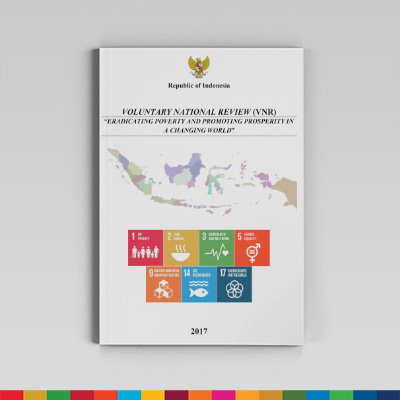
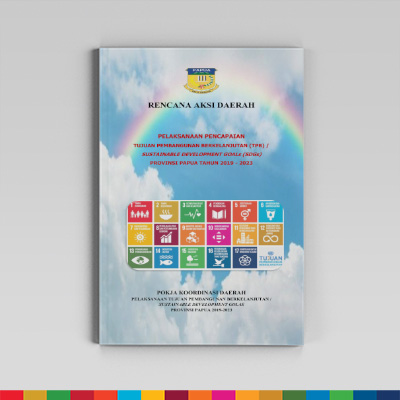
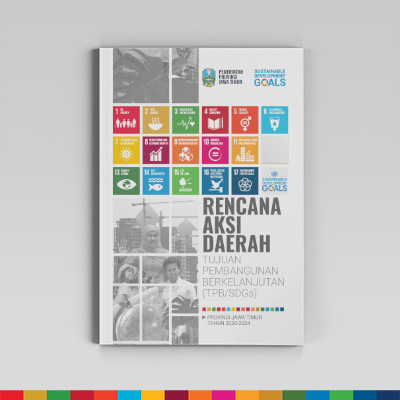
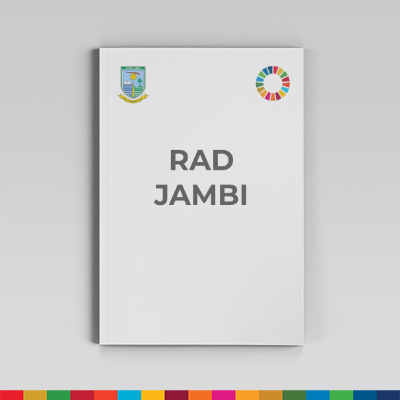
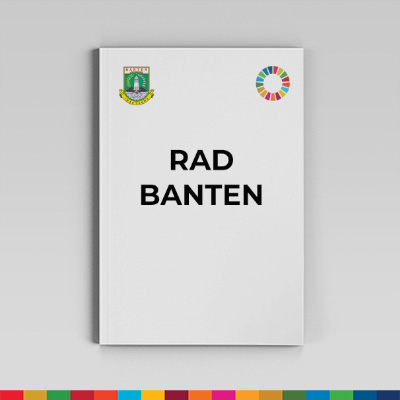
Reviews
There are no reviews yet.